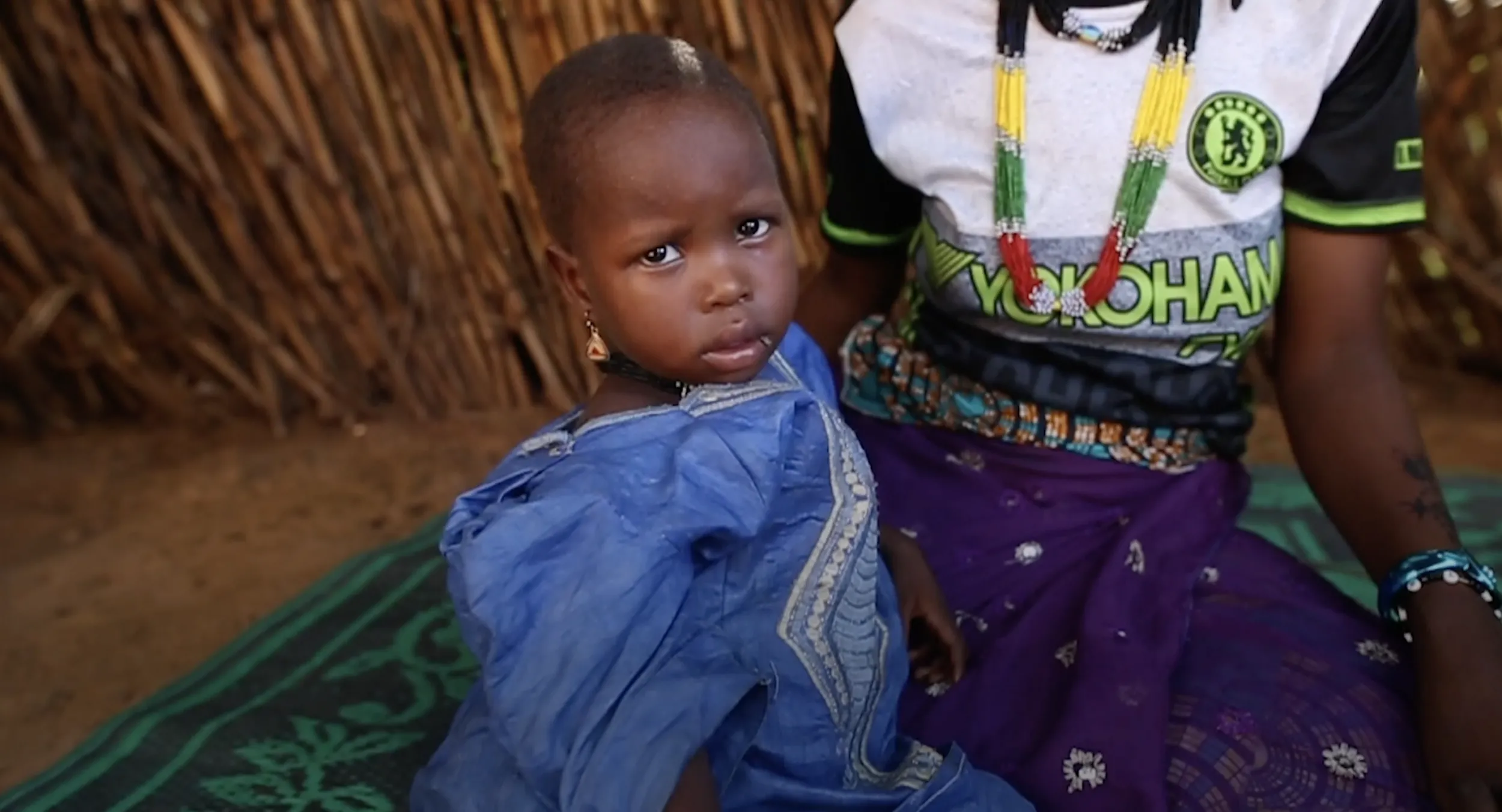It was a mother’s worst nightmare: Aisha’s daughter Fatima was sick, and she wasn’t getting better. Fatima was severely underweight, and Aisha didn’t have the money to buy anything but millet for her baby. This West African staple crop wasn’t providing the nutrition Fatima needed to grow and thrive, and Aisha knew it was only a matter of time before Fatima’s little body would give up.
Aisha and Fatima live in Niger in West Africa, where the majority of the population survives on a diet of primarily millet porridge. Approximately one-fifth of the population of the region lives in a constant state of crisis. As climate change accelerates, rainfall in the already dry region has become more unpredictable. Over the past decade, Niger has experienced catastrophic droughts. Driven by their own hunger, birds, locusts, and other pests descended on the already meager crops farmers had struggled to produce. This led to a spike in the cost of food. With households already spending upwards of 80 percent of their income on food, families like Aisha and Fatima were barely surviving.

